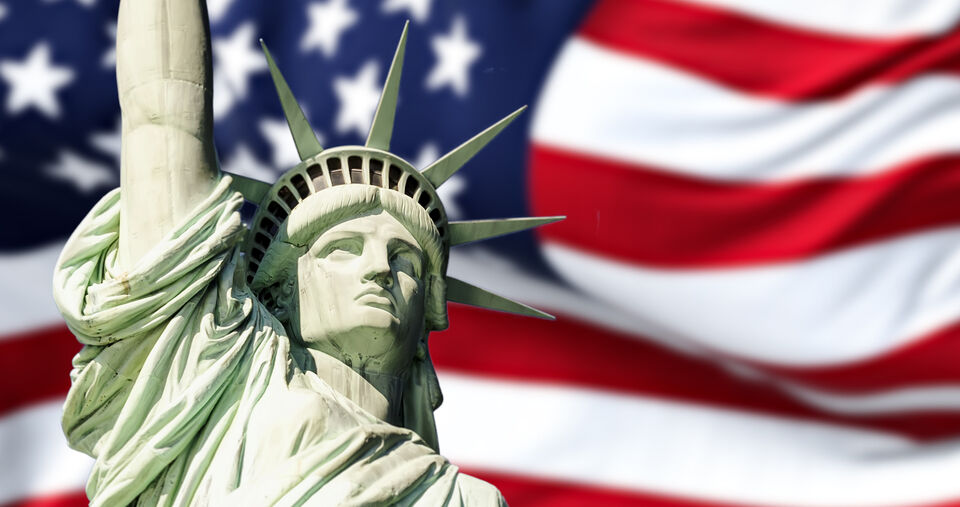TU/e Concerned About Academic Freedom in the U.S.
The U.S. is tightening its grip on science. Grants are being frozen, publications are being taken offline, and research proposals are being scrutinized for ‘problematic’ language. Trump’s influence now reaches as far as the Netherlands. TU/e is concerned about academic freedom in the U.S., but has not yet experienced any direct effects.
“It’s still too early to assess the impact of President Trump’s policies in Europe, as he has only been president for almost 60 days,” says a spokesperson for the university. “So far, we haven’t seen any direct effects on our researchers and their work, such as funding for projects with U.S. partners being halted. But it’s likely that it will affect us in some way eventually.”
TU/e is closely monitoring developments, particularly at the national level. The university is aware of the politically charged questionnaire that two Wageningen researchers received in early March. They are collaborating with the U.S. Geological Survey (USGS) on a project that uses satellites to monitor forest conditions. The service sent the questionnaire on behalf of the U.S. government.
Goosebumps
"Some of the questions really give you goosebumps," one of the researchers commented to university magazine Resource, which published the questionnaire online. Wageningen University alerted other Dutch universities.
Universities of the Netherlands (UNL) is keeping an eye on the situation, but has not yet heard of other researchers receiving the questionnaire. TU/e has not received any signals from within its own institution either.
“We haven’t seen that here,” the TU/e spokesperson says when asked. “But we encourage our researchers, if they receive such questionnaires, to not fill them out for now and to contact the Executive Board (EB).” Caspar van den Berg, president of UNL, describes the questionnaire as ‘symbolic of the deteriorating climate for free scientific inquiry in the U.S.’.
Solidarity
TU/e believes it is a good idea to respond to the situation as a university, and also at the national and European levels. For example, by attracting scientists from the U.S. to Europe. "Not only out of self-interest but also out of solidarity with scientists in the U.S. We are concerned about academic freedom and the autonomy of scientific institutions in the U.S."
UNL has shared this concern with the Ministry of Education, Culture, and Science (ECW) on behalf of all universities.


Discussion